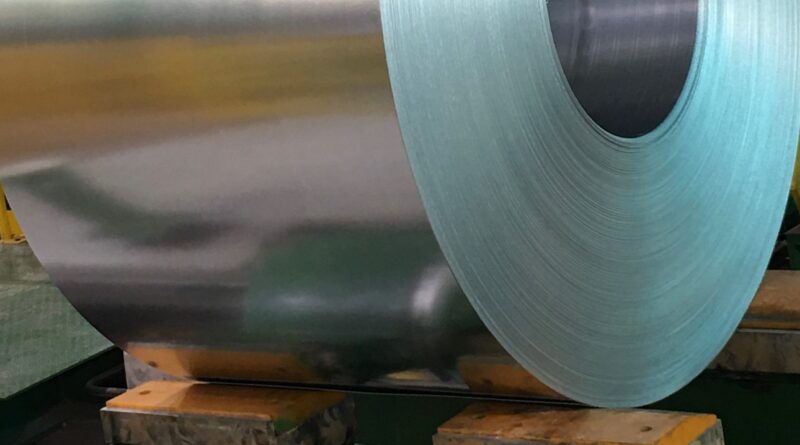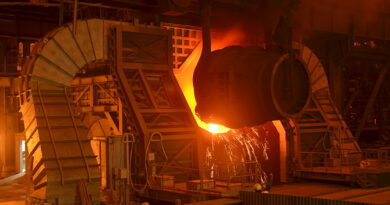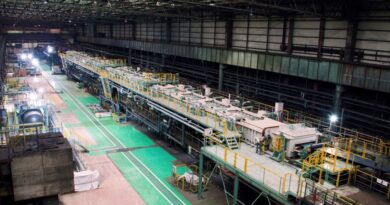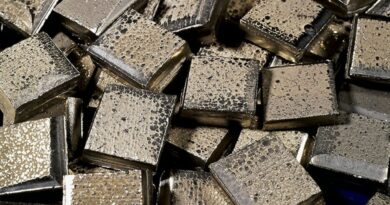First fossil-free steel delivered to Volvo
As the world looks to counter the deadly impact of greenhouse gas emissions, a Swedish company might give a fighting chance as it switches steel production away from fossil fuels. The first delivery of ‘green steel’ was done in Sweden by Hybrit to truck-manufacturer Volvo AB as a trial run.
The full-scale production of the material will begin from 2026 as Volvo plans to start production of prototype vehicles using green steel by the end of this year. The steel industry is one of the major global greenhouse gas emitters, accounting for up to 8 per cent of global greenhouse gas emissions. Replacing coking coal with hydrogen is expected to reduce emissions from steelmaking by at least 90 per cent.
Owned by SSAB, Hybrit started test operations at its pilot plant for fossil-free steel in Lulea, northern Sweden, a year ago. The company aims to replace coking coal, traditionally needed for ore-based steel making, with fossil free electricity and hydrogen.
Work on the pilot plant began in 2018 at the SSAB site in Luleå, Sweden, where engineers tested the direct reduction of iron ore to make Direct Reduced Iron (DRI), also called sponge iron. The DRI is then used as virgin material together with recycled scrap for steelmaking.
The company began construction on a plant for fossil-free pellets in Malmberget, Sweden in 2019, where fossil fuels will be replaced with biofuel to achieve fossil-free production of iron ore pellets. A pilot hydrogen storage facility is also being constructed 25-35 meters below the ground, which is expected to operate from 2022 to 2024. The company estimates the plant to cost close to 2 billion Swedish Korona of which 599 million SEK will be given by the Swedish Energy Agency.
The company is gearing up for having an Hybrit demonstration plant in place by 2025, at the same time as the conversion of SSAB’s blast furnace site in Oxelösund in Sweden, which will enable SSAB to produce iron ore-based, fossil-free steel for commercial use in 2026.
Stating that trial delivery was an “important step towards a completely fossil-free value chain,” SSAB itself accounts for 10 per cent of Sweden’s and 7 per cent of Finland’s carbon dioxide emissions. “The goal is to deliver fossil-free steel to the market and demonstrate the technology on an industrial scale as early as 2026,” the company said in a statement.
Volvo had in June stated that plans to build cars using steel made without fossil fuels by 2026. While steel is one of the major contributors to carbon emissions, experts have been concerned about the difficulty in decarbonising this sector.




